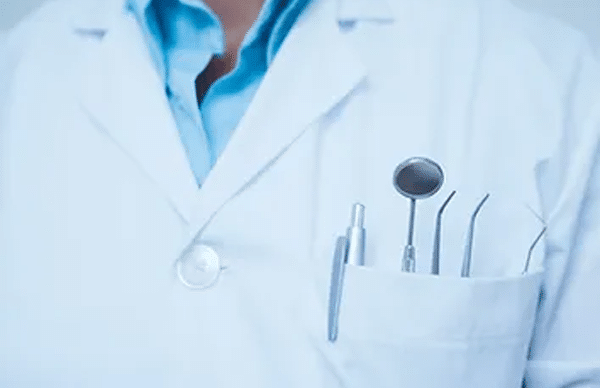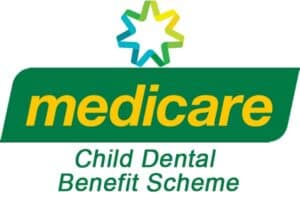Regular professional cleans here at Cotton Tree Dental can help ensure your teeth and gums remain healthy.
Gum disease can pose as a threat to the health of your teeth and bone, and has also been linked to a number of other health problems.
Gum disease has two stages: gingivitis and periodontitis.

Gingivitis
Gingivitis is the milder form of the two and is caused by a build up of plaque and tartar. Bacteria then causes inflammation of the gums, resulting in red, sore, and bleeding gums. Gingivitis can be reversed by daily brushing and flossing, along with regular dental check-ups. It’s important if you develop signs of ginigivitis to continue brushing and flossing and to not be off-put by the bleeding – this often means you need to brush and floss more and should resolve itself in a few days.
Periodontitis
Periodontitis occurs when gingivitis is left untreated, resulting in inflammation around the tooth. This causes the gums to “pull away” from the teeth, causing pockets that become susceptible to infection. During this process, bacterial toxins and the enzymes produced from the immune system can cause a break down of the bone and connective tissue that hold the teeth in place. Teeth can eventually become loose and unfortunately may need to be removed as you cannot restore the lost bone around the tooth.
Risk factors for gum disease can include: smoking, diabetes, hormonal changes in women, stress, illnesses, medications, and genetic susceptibility. Ways that gum disease can be prevented include: brushing teeth twice daily with fluoride toothpaste, flossing daily, eating a well balanced diet, not using tobacco products, and routine visits to a dentist.
Periodontal Treatment
At Cotton Tree Dental, we can provide a deep cleaning treatment to remove as much tartar and plaque as possible above the gum line. In some cases, where the tartar is below the gum line, we often refer patients to a specialist, called a periodontist. These specialists can clean below the gum lines and can get rid of rough spots on the tooth root to remove the bacteria.
Ready to book an appointment? Book Online Now or Call Us!
Frequently Asked Questions



The purpose of these appointments is to prevent any dental conditions and maintain the health of your teeth. We assess your medical history and discuss any problems or concerns that you may have with your dental health. Next we assess your teeth, gums and all areas of the mouth to ensure they are healthy. A thorough scale and clean will be done, followed by fluoride treatment. X-rays may also be taken at your initial visit with us, which are then updated every two years after that.
If you are having problems or concerns with your teeth, please call the practice and leave a message with your name and contact details, and our friendly staff will return your call the following business day. We can provide our patients with same day appointments for all tooth related emergencies. In the meantime, it is important to try and avoid the area as much as possible, including eating or drinking any hot or cold items as they may make your symptoms worse.
Here at Cotton Tree Dental, we support a variety of health funds, and are also preferred providers for BUPA and HCF. For your convenience, we have HICAPS terminals to make instant claims. We simply swipe your health fund card, authorise the claim and the gap can then be paid either by cash, card, or cheque.






